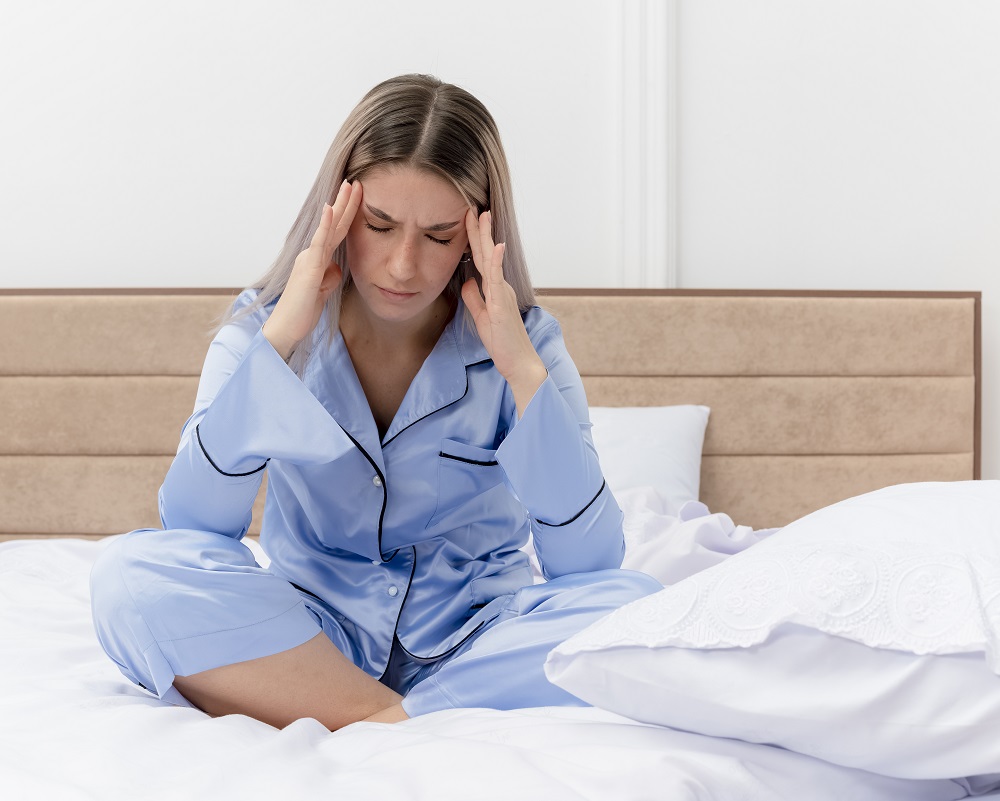Introduction
Sleep is an essential aspect of human life, crucial for our physical and mental well-being. However, for millions of people worldwide, sleep doesn’t come easily due to sleep disorders and insomnia. In this comprehensive guide, we will delve into the world of sleep disorders and insomnia, exploring their causes, symptoms, diagnosis, and treatment options. By the end of this article, you will have a better understanding of these conditions and how to manage them effectively.
Understanding Sleep Disorders
Sleep disorders are a group of conditions that disrupt normal sleep patterns and can lead to impaired functioning during the day. These disorders encompass a wide range of issues, from difficulty falling asleep to excessive daytime sleepiness. Let’s look at some common sleep disorders.
1.Insomnia: Insomnia is perhaps the most well-known sleep disorder. It involves difficulty falling asleep, staying asleep, or waking up too early and not being able to get back to sleep. Insomnia can be transient, acute, or chronic, and it is often associated with stress, anxiety, or medical conditions.
2.Sleep Apnea: Sleep apnea is characterized by interrupted breathing during sleep, often causing a person to wake up repeatedly throughout the night. This condition can lead to severe health issues, including cardiovascular problems, if left untreated.
3.Narcolepsy: Narcolepsy is a neurological disorder that causes sudden and uncontrollable episodes of falling asleep during the day. People with narcolepsy may experience cataplexy (sudden loss of muscle tone) and vivid hallucinations during these episodes.
4.Restless Leg Syndrome (RLS): RLS is a condition characterized by an uncontrollable urge to move the legs, usually due to discomfort or unusual sensations. This disorder can significantly disrupt sleep, leading to daytime fatigue.
5.Circadian Rhythm Disorders: These disorders involve disruptions to the body’s natural sleep-wake cycle. Common examples include jet lag, shift work sleep disorder, and delayed sleep phase syndrome.
Causes of Sleep Disorders
Understanding the causes of sleep disorders is essential for effective management. These disorders can result from a combination of factors, including:
1.Psychological Factors: Stress, anxiety, and depression can significantly contribute to sleep disturbances, including insomnia.
2.Medical Conditions: Certain medical conditions, such as chronic pain, asthma, and acid reflux, can disrupt sleep.
3.Lifestyle Choices: Poor sleep hygiene, excessive caffeine or alcohol intake, and irregular sleep schedules can lead to sleep problems.
4.Genetics: Some sleep disorders, like narcolepsy, may have a genetic component.
5.Neurological Factors: Abnormalities in the brain, like those seen in narcolepsy, can also lead to sleep disturbances.
Symptoms and Diagnosis
The symptoms of sleep disorders can vary widely depending on the specific disorder but often include:
– Difficulty falling asleep or staying asleep
– Excessive daytime sleepiness
– Frequent waking during the night
– Loud snoring and choking during sleep
– Restless legs or leg movements during sleep
If you suspect you have a sleep disorder, it’s important to consult a healthcare professional. Diagnosis often involves a comprehensive assessment that may include a sleep study, questionnaires, and medical history.
Treatment Options
The treatment for sleep disorders depends on the type and severity of the condition. Here are some common approaches:
1.Lifestyle Changes: Practicing good sleep hygiene, such as maintaining a consistent sleep schedule, creating a comfortable sleep environment, and avoiding caffeine or alcohol, can help improve sleep quality.
2.Cognitive-Behavioral Therapy (CBT): CBT for insomnia is an effective therapy that can help individuals change their thoughts and behaviors related to sleep, ultimately improving their sleep patterns.
3.Medications: In some cases, doctors may prescribe medications to manage sleep disorders. These can include sleeping pills, stimulants for narcolepsy, or medications to treat sleep apnea.
4.Continuous Positive Airway Pressure (CPAP): CPAP therapy is a common treatment for sleep apnea and involves the use of a machine to maintain airflow during sleep.
5.Surgery: In certain cases, surgery may be recommended to address physical obstructions causing sleep apnea.
Unlocking Better Sleep: Signs, Causes, and Treatment
Sleep disorders and insomnia can have a profound impact on a person’s quality of life. Recognizing the signs, understanding the causes, and seeking appropriate treatment are essential steps to regain restful and rejuvenating sleep. If you suspect you have a sleep disorder, don’t hesitate to consult a healthcare professional who can guide you toward a healthier sleep pattern and improved well-being. Remember, a good night’s sleep is not a luxury; it’s a necessity for a healthy and fulfilling life.
Discover a healthier, more restful life with Jeff Steinberg MD. Don’t let sleep disorders and insomnia hold you back. Contact us today for expert guidance and personalized solutions to improve your sleep quality.

